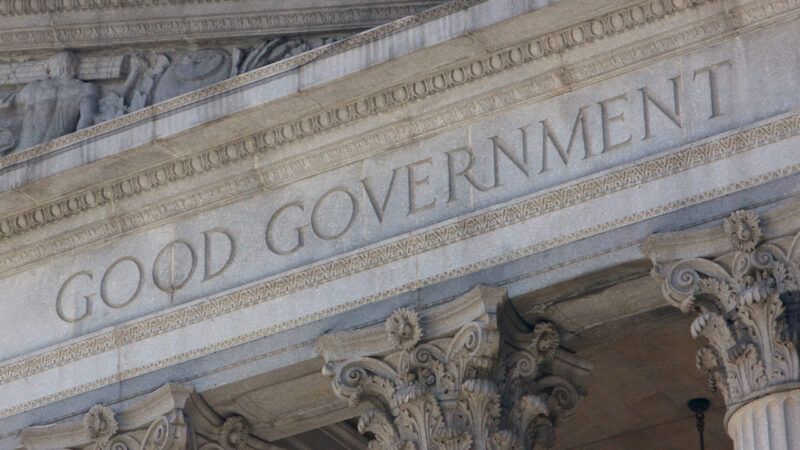Trump Vowed To Stop Crypto Crackdowns. Samourai Wallet Proves He Hasn't.
If fairness in the justice system depends on wealth or political value, we’ve missed the point of justice entirely.

For years, President Donald Trump complained that his predecessor had weaponized the judicial system against him on what he claimed were trumped-up charges, including election interference, mishandling classified documents, hush-money payments, and fraudulent tax and property dealings.
Now that the shoe is on the other foot, the president seems wholly uninterested in stopping the very weaponization he once railed against.
This week, Keonne Rodriguez, the co-creator of the bitcoin privacy wallet Samourai, was sentenced to five years in prison and a $250,000 fine—the maximum sentence under the charge for which he pleaded guilty earlier this year. "In July, Rodriguez and his cofounder William Hill plead[ed] guilty [to] the known transmission of illicit proceeds," The Rage reported on Thursday.
Samourai Wallet did not perpetrate financial crimes, ransom data for bitcoin, or steal digital assets. Rodriguez and his team wrote code—that First Amendment–protected activity we learned to cherish after the crypto wars in the 1990s. Their service obfuscated users' bitcoin transaction histories, making it harder for observers on a public blockchain to trace funds after they had passed through the tool. In the Justice Department's view, that now constitutes money laundering and a failure to register as a money transmitter—even though Samourai never held custody of bitcoin (making the entire money-transmitting charge odd in the first place).
In a letter seeking leniency, Rodriguez acknowledged he should have obtained a license for the business, but U.S. District Judge Denise Cote, addressing the letter in court on Thursday, thought that was not relevant, even though that's explicitly the "crime" for which he was maximally sentenced. "You chose to use your considerable talents to make it harder to recoup those stolen funds," said the judge. Admittedly, some shady actors used the software—but five years in prison for that?
In the TD Bank money-laundering scandal in 2024, the Justice Department collected the largest penalty ever imposed under the Bank Secrecy Act for poor compliance practices that allowed far more illicit funds to flow through its dollar-based system than the amount of bitcoin that ever ran through Samourai. Notably, nobody went to jail for that crime, even though bank employees were bribed tens of thousands of dollars to look the other way while criminal networks laundered more than a billion dollars of illicit funds through a top-10 bank in America.
Tools can be wielded by users for good or bad—the moral or legal responsibility for that is on the users, not the creators. Most money laundering occurs using U.S. currency—physical or digital. Prosecutors claimed that terrorists and criminals used Samourai Wallet's services, but to a much larger extent, they use dollar bills.
The Samourai Wallet prosecution—and the closely related Tornado Cash trial on a similar Ethereum blockchain service in August—was always an outdated remnant of Operation Chokepoint 2.0, where the executive branch excessively and disproportionately went after cryptocurrency developers.
Earlier this year, the Trump administration publicly stated that it would cease prosecuting developers for writing code. In the months since, several bitcoin services that had shut off access for Americans in fear of legal repercussions have returned. The White House proclaims America to be the "crypto capital of the world," adding the laughably incoherent statement that "all the remaining Bitcoin [will] be made in the USA."
The president has issued various crypto-related pardons. On his second day in office, he made good on a campaign promise to libertarians by pardoning Ross Ulbricht from an excessive double life sentence for building a website. Last month, he pardoned Changpeng Zhao (known as C.Z.), the billionaire former CEO of the crypto exchange Binance, following a four-month money-laundering stint (though he recently admitted to not even knowing who C.Z. is).
It's time for the Trump administration to get its legal house in order—that should start with a pardon for Rodriguez.
Then again, unlike C.Z., Rodriguez doesn't have a billion-dollar investment to make in a Trump family–related business, nor a bunch of bitcoin votes to sway a critical election. Right now, leniency in crypto cases seems reserved for those with billions to invest or political leverage to trade.
